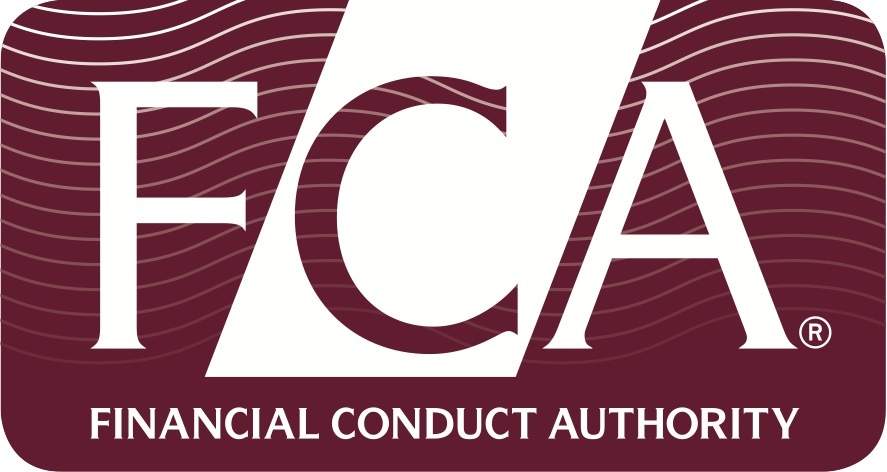
The Financial Conduct Authority (FCA) of the UK has made few changes to open banking identification requirements to mitigate the risk of disruption to services post-Brexit.
This is in response to European Banking Authority’s (EBA) decision to revoke the eIDAS certificates of UK Third-Party Providers (TPPs) when the transition period ends on 31 December.

Access deeper industry intelligence
Experience unmatched clarity with a single platform that combines unique data, AI, and human expertise.
This would have prevented the UK-based TTPs from offering open banking services to customers after Brexit.
The latest changes by FCA will allow TPPs in the UK to use an alternative to eIDAS certificates to access customer account information from account providers, or initiate payments even after Brexit.
TPPs need eIDAS certificates to identify themselves to financial institutions or banks. It enables firms to share customer account information online.
These certificates are the only accepted identification standard permitted among open banking services providers in the European Union (EU).

US Tariffs are shifting - will you react or anticipate?
Don’t let policy changes catch you off guard. Stay proactive with real-time data and expert analysis.
By GlobalDataTo provide open banking services in the UK after Brexit, TTPs can obtain a new certificate.
Banks or account providers will have to make technical changes to their system to allow TTPs to continue accessing the customer data.
FCA said: “We want to ensure that that the UK’s open banking ecosystem continues to serve over 2 million customers post Brexit.
“Firms must review the changes immediately and implement any necessary changes as soon as possible.
“Acknowledging the challenges faced by the industry, the FCA will provide a transition period until the end of June 2021 for complying with our rules.”
These changes apply to the firms that provide payment account and online services such as ASPSPs, AISPs, PISPs and CBPIIs.







